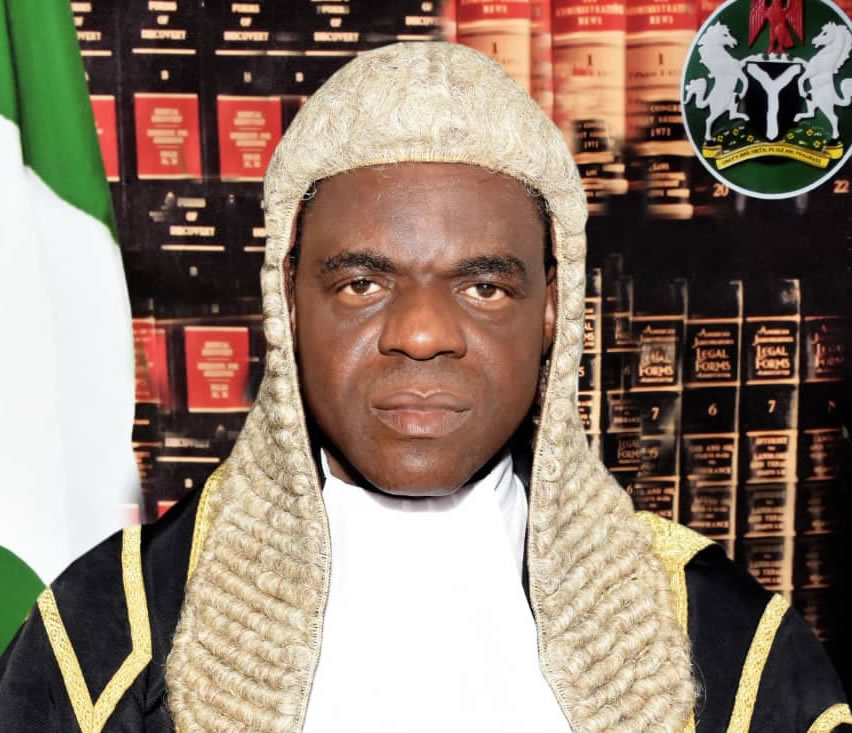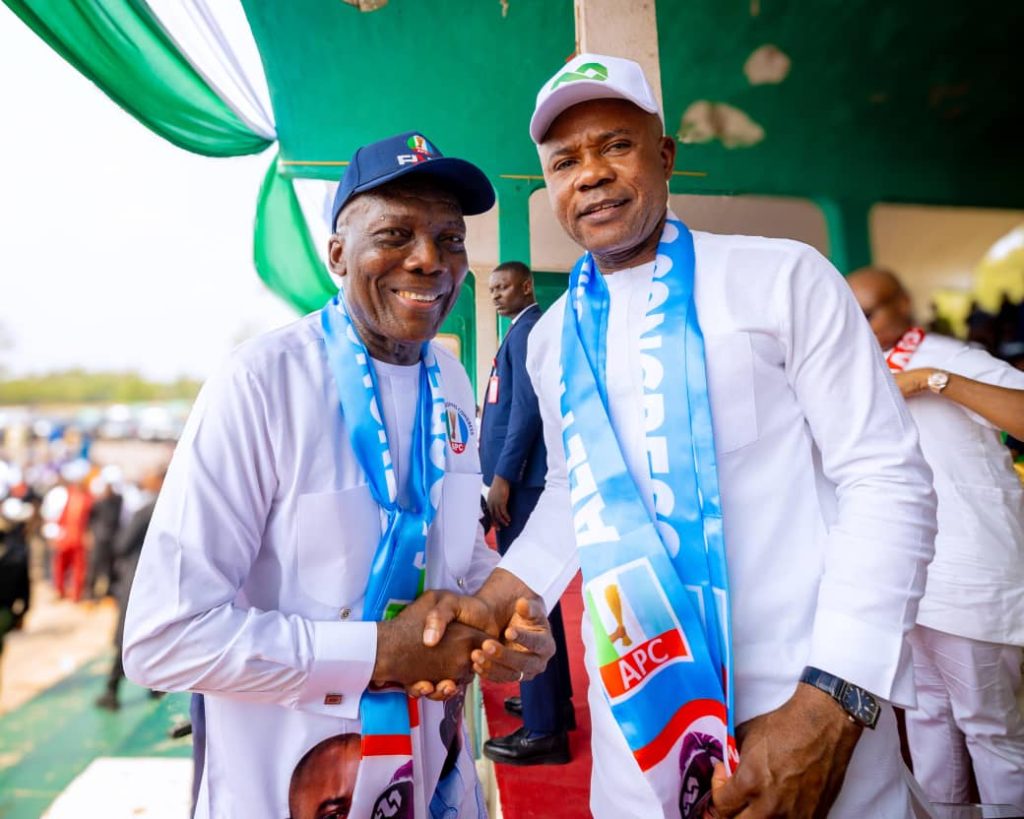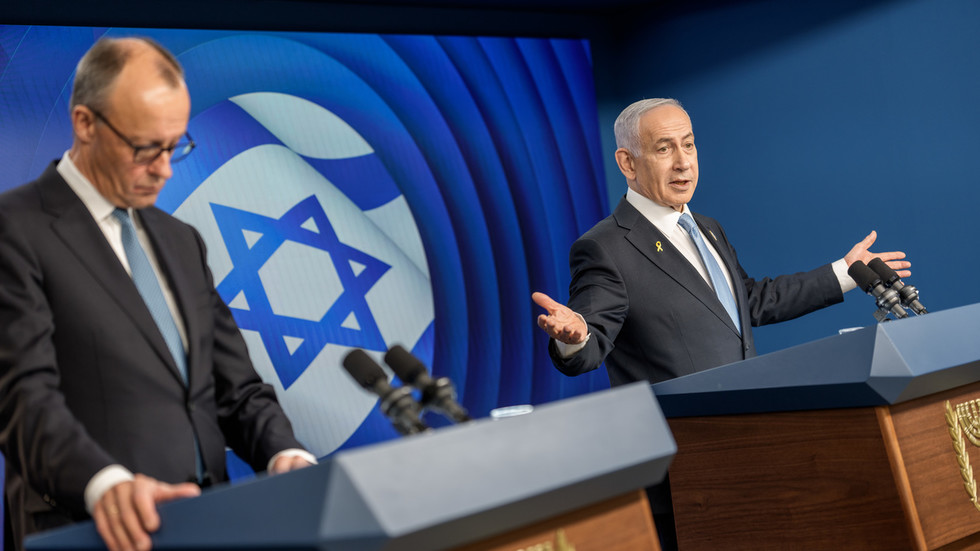Libya’s Central Bank Governor Fired Amid Political Tensions
In a move likely to inflame tensions in the divided North African country, one of Libya’s dueling authorities has unilaterally fired the country’s powerful central bank governor. The presidential council in Tripoli, which is allied with the government of Prime Minister Abdul Hamid Dbeibah, removed Governor Sadiq al-Kabir on Sunday, according to a decree issued late in the day.
Al-Kabir, who had led the central bank since 2011, was replaced by Mohamed Abdul Salam al-Shukri, an economist and former deputy governor. The decision is likely to fuel tensions in Libya, which has been split between a U.N.-supported government in Tripoli and rival authorities based in the east.
Al-Kabir’s removal is seen as a significant development, given his significant influence and power over Libya’s oil money. He had faced criticism from officials on both sides of the country’s political divide over the allocation of oil revenue, with calls for his removal growing in recent months.
The Central Bank of Libya is the repository for billions of dollars annually in oil revenue and foreign reserves. In 2014, it splintered along the country’s political fault lines, with its internationally recognized headquarters remaining in Tripoli and an eastern branch allied with military commander Khalifa Hifter set up in Benghazi.
However, Libya’s east-based parliament and the Supreme Council of State, an advisory body based in Tripoli, have called al-Kabir’s removal illegitimate. According to interim regulations agreed to under U.N.-backed talks meant to oversee the country’s reunification, the two bodies should also have a say in who is appointed to the position.
The development comes as Libya remains divided, with different armed groups and foreign governments backing rival authorities. The country’s future remains uncertain, with the international community working to promote a peaceful resolution to the conflict.
In the meantime, the firing of the central bank governor is likely to exacerbate tensions in Libya, further complicating the country’s already complex political landscape.



